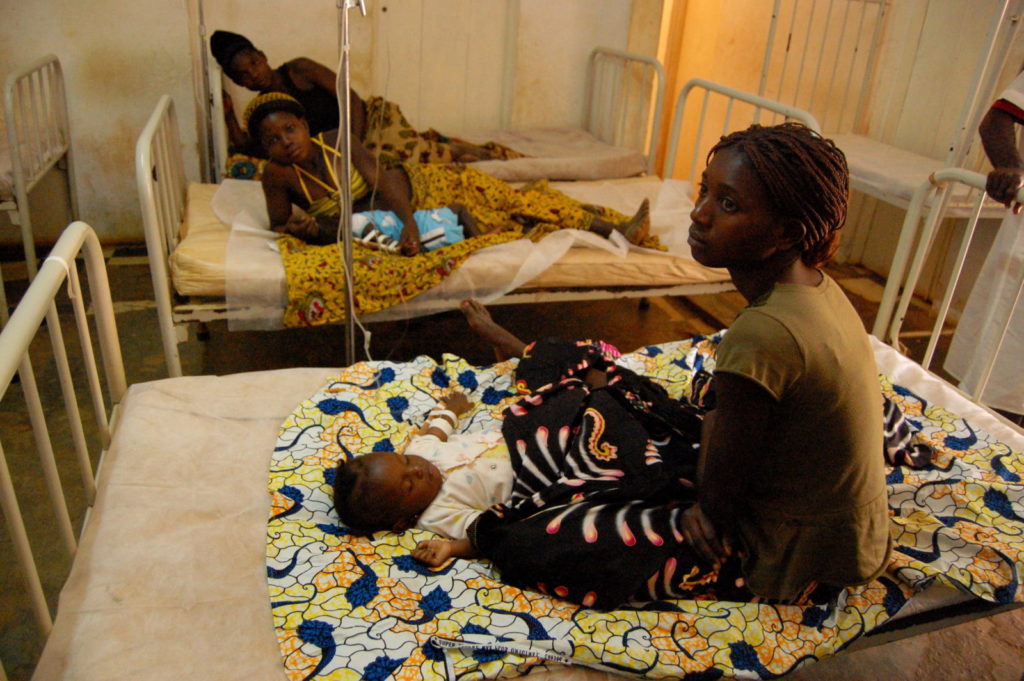
Download this and other articles about the state of social protections in the global South compiled in our latest DAWN Informs here
The 63rd Session of the Commission on the Status of Women (CSW 63) held at the United Nations Headquarters in New York 11-22 March 2019 focused on ‘Social protection systems, access to public services and sustainable infrastructure for gender equality and the empowerment of women and girls.’
As the Rural Women’s Assembly (RWA) in Southern Africa prepared for CSW 63, we started from the premise that women, especially poor rural women, urgently require an extensive system of social protection that is responsive to the impoverished and marginalised conditions in which they live. For rural women, every day is a struggle for survival because they are subjected to economic, ecological and social deprivations, risks and extreme vulnerability. For a decade now, the RWA has been struggling for the possibility for women to live independent lives free from want with dignity. For the RWA, living with dignity is a fundamental human right.
The RWA women from Southern Africa (South Africa, Lesotho, Malawi, Zimbabwe, Zambia, Swaziland, Namibia, Mozambique and Mauritius) all confirmed that in their respective countries some form of social protection exists. Often, the social protection systems take the form of cash transfers such as social old age pensions, child support and disability grants. Young women report that there is often an unfair distribution of cash transfers due to corruption and administrative malfeasance in some of the countries. They also reported limited access to basic services such as primary health care, primary school education, water, sanitation and other support such as feeding schemes in public schools.
In many cases, good public education is no longer free and public health provision is breaking down and requires additional resources. There is a dire need for facilities for aging populations as well as child-care services, particularly in rural areas. The country reports presented at CSW 63 revealed that access, availability, and distribution of social protection in Southern Africa is uneven and often extremely precarious. Evidence elsewhere shows that as public provision of social protection services such as health, education and social welfare are downgraded and fall prey to austerity measures, private providers of these services are on the increase in the region. Increasing private provision of health, education, and social welfare services fuels inequalities. Women who are in the rural and agrarian sectors who live precarious lives remain on the fringe and experience greater inequities.
Notwithstanding this, women at CSW 63 also agreed that social protection programmes were essential given the extent of poverty, especially rural poverty, inequality and unemployment that prevailed in the region. In most countries, unemployment amongst young people, especially young women was extremely high. Hit by environmental and epidemiological crises such as HIV/AIDS, women in rural areas suffer the worst impacts of droughts, floods, famines and lack of access to health and education services. The lack of transport and related social infrastructure also reinforces their spatial, social and economic dislocation.
Despite the fact that many African states signed the United Nations Sustainable Development Goals (SDGs) that aim to end “global poverty by 2030”, the RWA view this as a pipe dream. Women argue that it requires a greater commitment from the global north to make some fundamental changes which could contribute to overcoming the huge gaps between the social protection systems in the global North and the global South.
The RWA sees the need for much greater social protection, a system that particularly empowers and opens spaces for rural women with special focus on young women.
For this to take place, it requires a strong organised voice of women that can articulate and organise around key demands such as the provision of good childcare services and support.
Whilst access to decent public health care and affordable public transport can certainly assist, it is not enough. There is an urgent need for African governments to rethink and widen the scope of what is required. In South Africa, for example, the Child Support Grant has gone a long way to supporting poor unemployed women, but women would much rather have access to decent work and a living wage.
In the rural areas of Southern Africa, access to land for production with security of tenure over the land by the women themselves is central to their empowerment. It not only gives rural women control of production but is makes them independent from both the “husband”, the family and the state and it can undermine patriarchal power relations. Women saw this as giving them the opportunity to be actively involved in the economy and to generate the resources that allow them to make decisions about their lives. Public transport was also viewed as an important pillar of social support, by providing mobility and conditions to seek access to work, training, and education.
Lastly, for the RWA it is important to defend and strengthen current access to basic services, especially water, electricity and sanitation, public education, health care and social grants. Social protection services offered by the public service should also be accessible and provided based on criteria that is transparent, in order to monitor corrupt practices and hold public officials to account. It is important to also ensure that the recipients of public services are treated with respect and their human rights are protected. Report of the Rural Women Assembly preparation for the 63rd session of the Commission for the Status of Women (2019)
